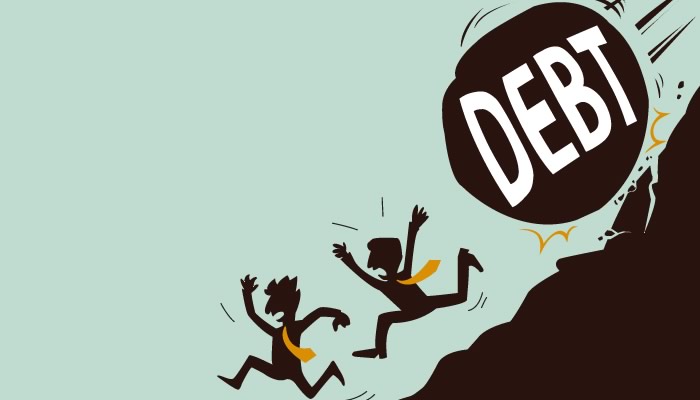Keeping Your Credit Card Safe Online
The World Wide Web has made shopping easier than ever. With a few clicks of your mouse you can go shopping from the comfort of your couch and shopping online is a great way to save money.

The Internet has made comparison shopping a lot easier – you can find out if you’re getting the best deal in moments. Although shopping online is convenient, it’s not without its risks. Here are some tips to keep your credit card information safe when shopping online.
Only Shop from a Secure Computer
Whether you’re placing a bid on eBay or shopping on Amazon, it’s important to keep your credit card information safe. You should only shop online from a secure computer. That means avoiding public places, such as Internet cafes, public libraries and computer labs. You never know if someone has tampered with the computer and installed a key logger to steal your credit card information.
Avoid Clicking Links in Emails
Phishing is a common online fraud. Fraudsters send you an email that appears to be from your financial institution. The email is often urgent and asks for you to confirm your banking or credit card information. You should never click on any links in phishing emails – it could infect your computer with viruses and malware. If you end up sharing your credit card information with fraudsters, you should call your issuer’s toll-free fraud number immediately to report it and alert credit rating agencies to flag your account.
Surf on Secure Websites
Be extra careful when entering your credit card online. Only enter your credit card information on secure websites. What’s a secure website? The website address should begin with HTTPS, rather than HTTP. HTTPS provides you with an added level of security, by authenticating and encrypting sensitive data. Internet security is so important that Google is even giving websites with HTTPS a higher search engine ranking.
Review Privacy Policies
If the Heartbleed bug has taught us anything, it’s that we’re not as safe online as we had hoped. Although you could have made a purchase months ago, your credit card information could still be stolen. How is this possible? Some websites keep your credit card information on file in hopes that you’ll be a repeat buyer.
Although it’s more convenient not to enter your credit card information again for future purchases, you could be leaving yourself open to a security breach if the website is ever compromised. It’s important to read a company’s privacy policy to see how your credit card information will be protected. That last thing you want is for your personal information to fall into the hands of fraudsters.
Social Media
Social Media may be a good way to keep in contact with family and friends, but it can also be a good way to get your credit card information stolen. You should never share your credit card information via social media. You may think it’s harmless to send a message to your husband with your credit card information, but what if your account was ever hacked? A thief would be able to go on a shopping spree at your expense. Social media websites are full of criminals and wrongdoers, so it’s best to have your guard up, even when socializing with family and friends.
Credit Card for Online Shopping
Online shopping can be a treasure-trove for fraudsters. A lot of the securities when you shop in brick and mortar stores aren’t present online. When you make a purchase in a store with your Chip-and-PIN credit card, you must enter your PIN to verify your account. However, when you make a purchase online you don’t have to enter your PIN – all you need to is your credit card number, CVV, and expiry date.
A criminal can easily rack up hundreds – or thousands worth of fraudulent charges without you realizing it. While credit card agreements generally offer zero liability on fraudulent purchases, it’s still wise to protect yourself to avoid the hassle of having your account compromised. To better protect yourself on the Internet, you might consider getting a low-limit credit card just for shopping online.




